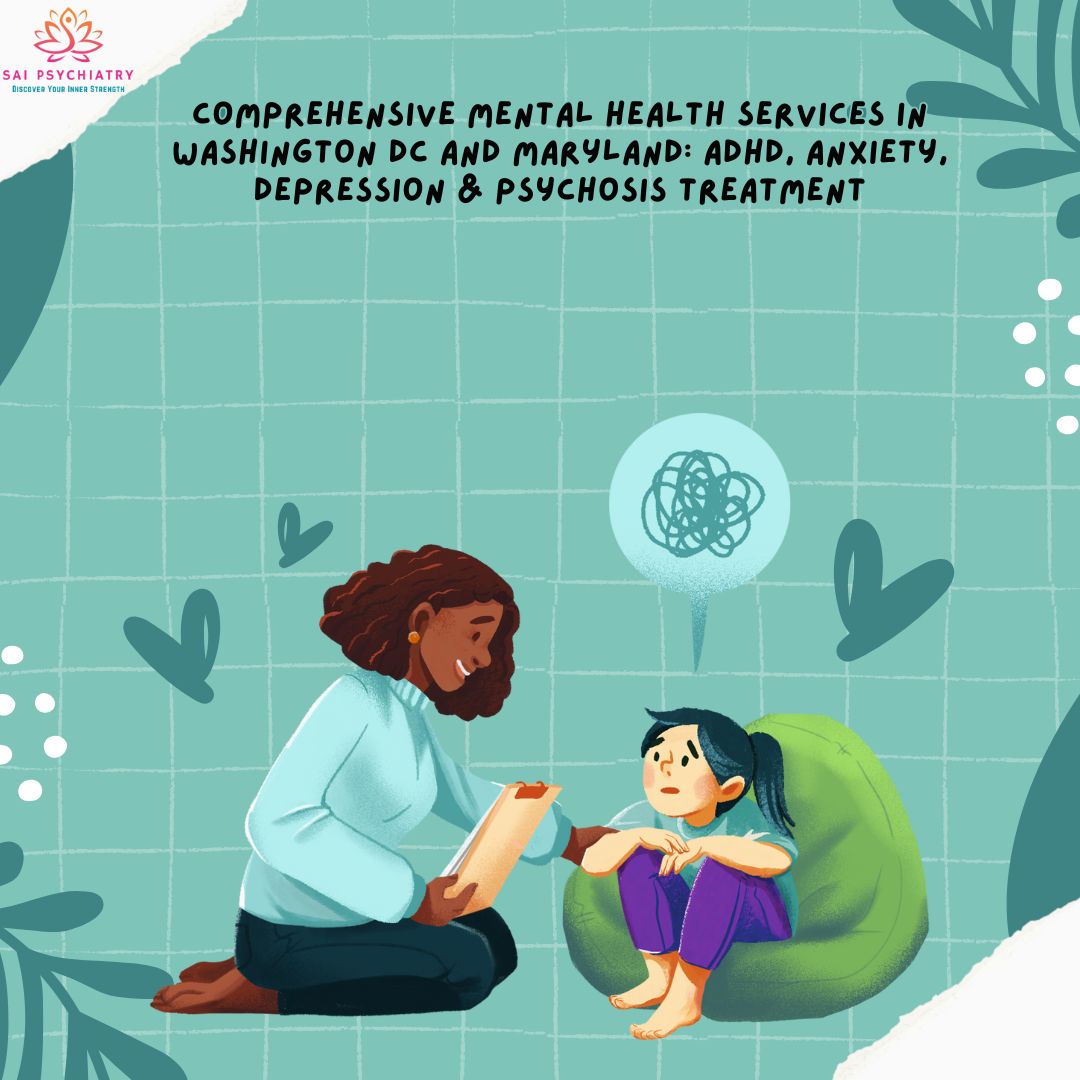The main causes of death and disease in society today are influenced by our lifestyle choices, and there is a growing focus on ways to improve health behaviours. Front-line practitioners, particularly those working in health, social and community care roles, are a key resource for supporting behavioural change. Routine appointments offer opportunities to initiate conversations about behaviour change every week, but many practitioners feel that they lack the knowledge and skills necessary to provide behaviour change support. This can reduce our confidence for having conversations with clients or patients about potentially sensitive topics, including smoking, weight loss or alcohol intake.
Healthy Conversation Skills is a training programme based on social cognitive theory and behaviour change techniques, which promotes empowerment and patient-centred care. It was developed by a multi-disciplinary team at the University of Southampton in consultation with local health and social care organisations. Healthy Conversation Skills is an effective, evidence-based approach that uses practical, easy-to-apply skills to help people identify their own important behaviour change challenges and solutions. All health care professionals can use Healthy Conversation Skills, even within brief consultations.
People do not adopt or change behaviours in isolation. They are influenced by their social world, their physical environment and by other elements outside their control. We need to understand these factors in order to support effective behaviour change. By focusing on finding out more about people’s lives and circumstances, you will be better placed to offer appropriate support and effectively promote health behaviour changes. One tenet of Healthy Conversation Skills is therefore to start by asking people about their priorities, understand their motivation and challenges, and what they feel is the most important thing to focus on.
The programme also encourages practitioners to reflect on the value of asking questions, listening and supporting goal-setting, as opposed to telling people what to do, giving advice or providing information. We can make more effective use of the time we have available to support individuals to improve their health and well-being by using supportive conversations that take the time to listen, learn about and explore people’s worlds, and using this shared understanding to plan first steps to behaviour change. Below are some practical takeaways from Healthy Conversation Skills that you can put to use today.
Practical recommendations
- Ask open discovery questions. These questions generally begin with “What” or “How”, and invite someone to reflect on their own issues, barriers, solutions and first steps for change. For example, “What would you like to change? What is getting in the way of you making that change? How could you overcome that? What would be a good first step for you?” By asking these questions you can find out a lot about someone and support them to identify the skills and resources they need to make a change.
- Avoid giving advice or telling people what to do. Just giving advice assumes that people do not already know what you are telling them about the importance of health lifestyle behaviours. This can feel patronising and be disempowering if the individual does not feel capable of changing.
- Listen and embrace silence. People need time to think, so once you have asked a question, do not rush to fill any silence. Instead, give the person space to formulate their answer, and see silence as thinking. Simply allowing someone the opportunity to speak their mind can be hugely beneficial. It might be the first time they have been listened to in a while, which can feel supportive and empowering. Listening shows that you value their views, and you will learn lots about them, which can help you to help them.
- Support SMARTER goal-setting (Specific, Measurable, Actionable, Realistic, Timed, Evaluated and Reviewed). People frequently set themselves goals with limited planning as to how they will achieve these. We say, “a goal without a plan is just a wish”! If you try and fail, you are likely to give up. If you try to achieve something smaller and succeed, you are likely to stick with it.
- Reflect on your conversations and how empowering these are. Taking just a few minutes to look back on how we interact with people, what works and what does not, is a valuable use of time. It helps identify what we do well and where we could improve, and ensures that we are giving our best every day.
Via: https://practicalhealthpsychology.com/





 Copyright © 2024 Sai Psychiatry. All Rights Reserved.
Copyright © 2024 Sai Psychiatry. All Rights Reserved.